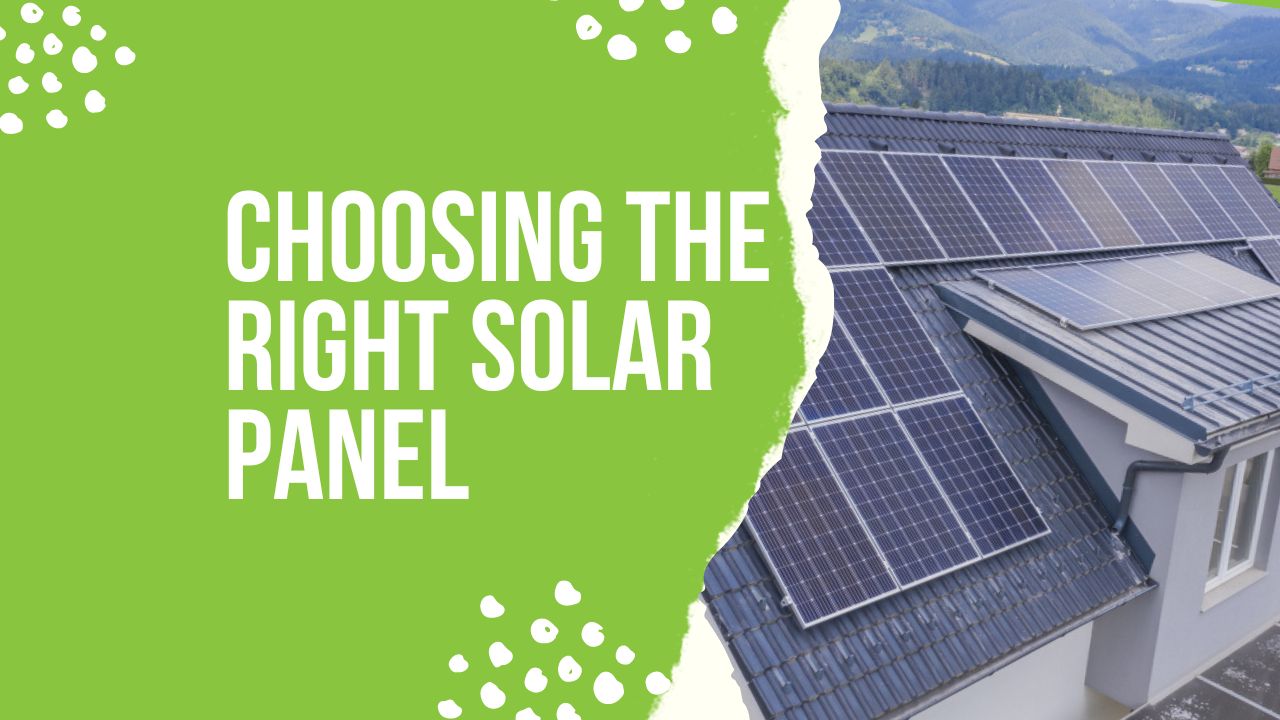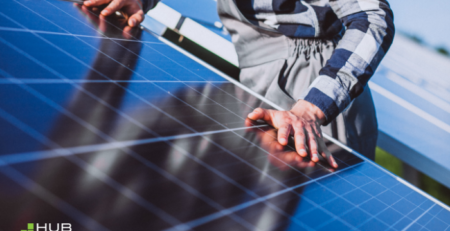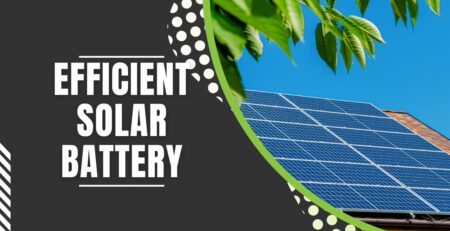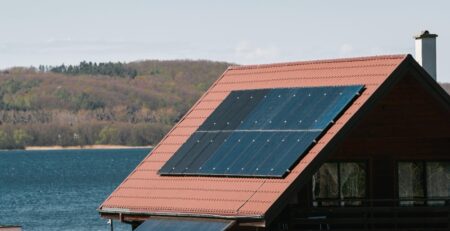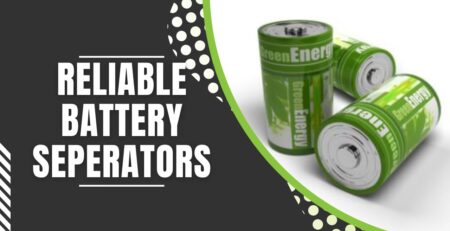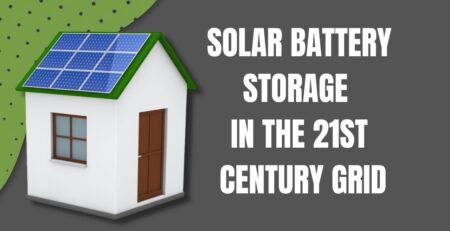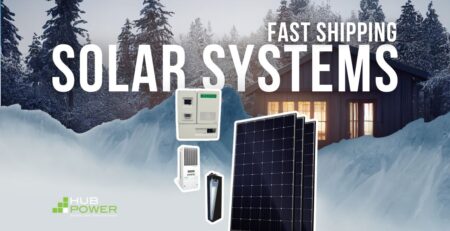A Comprehensive Guide on How To Choose The Right Solar Battery
When it comes to choosing a solar power battery for your solar system, there are several factors to consider in order to ensure that you are making the best decision for your specific needs.
Hub Power distributes solar power batteries and renewable power sources to individuals and businesses of all sizes. With over 30 years of experience working with a variety of clients across different product and market categories, our close-knit team has a wealth of knowledge. For any technical or product-related questions for your business, we will provide the latest knowledge and expertise.
How does a Solar Battery Work
A solar battery is a device that stores the energy generated by a solar panel so that it can be used later when the sun is not shining. The battery is typically connected to the solar panel via an inverter, which converts the DC power generated by the panel into AC power that can be used to power your home or business. The stored energy can be used during power outages, at night, or when energy consumption is higher than the solar panel can produce. The battery also helps to reduce the amount of energy that needs to be drawn from the grid.
Different types of solar batteries
There are several different types of solar batteries available on the market, including lead-acid batteries, lithium-ion batteries, and flow batteries. Lead-acid batteries are the most common type of solar battery and are typically the least expensive. They are also relatively low maintenance and have a long lifespan. Lithium-ion batteries, on the other hand, are more expensive but have a longer lifespan and are more efficient. Flow batteries are also an option, which is a type of rechargeable battery that uses a liquid electrolyte to store energy.
How to compare solar batteries
When comparing solar batteries, there are several key factors to consider in order to ensure that you are making the best decision for your specific needs.
Battery Type: As previously mentioned, there are several different types of solar batteries available, including lead-acid, lithium-ion, and flow batteries. Each type has its own pros and cons, so it’s important to consider which type of battery is best suited for your needs.
Battery Capacity: The capacity of the battery is another important factor to consider. This refers to the amount of energy that the battery can store. It’s important to choose a battery with a capacity that will be sufficient to meet your energy needs.
Round-Trip Efficiency: The round-trip efficiency of a battery refers to the amount of energy that can be stored and then used compared to the amount of energy used to charge the battery. A higher round-trip efficiency means that you will be able to store and use more of the energy generated by your solar panel.
Warranty and Maintenance: Look for a battery that comes with a good warranty and has low maintenance requirements. This will ensure that you are protected in the event of any problems and will not have to spend a lot of time and money on maintaining the battery.
Cost: The cost of the battery is also an important factor to consider. This includes the cost of the battery itself, as well as the cost of installation and maintenance. Make sure to compare the costs of different batteries in order to find the best value for your money.
Brand and reputation: Research about the brand, its reputation and its history of customer satisfaction. This can give you an idea about the quality of the product and the level of support you can expect in case something goes wrong.
It’s also important to consider other factors such as the temperature range at which the battery operates efficiently, the life expectancy of the battery, and the certifications and safety standards that the battery adheres to. By considering all of these factors, you can make an informed decision and ensure that you are getting the best solar battery for your specific needs.
How do I choose a solar battery
When choosing a solar battery, it’s important to consider the type of battery that will best meet your needs. If you’re looking for a low-cost option, a lead-acid battery may be the best choice. If you’re looking for a battery that will last longer and be more efficient, a lithium-ion battery may be a better choice. Additionally, you should consider the capacity of the battery and make sure it is sufficient to meet your energy needs. It is also important to look at the warranty offered by the manufacturer and the level of maintenance required to keep the battery running.
Ultimately, it’s important to consult with a solar professional to ensure that you are choosing the right battery for your solar panel system. Our team at Hub Power can help select the best one for your personal needs. Trust our experts and give us a call at (604) 420-7737 today!


